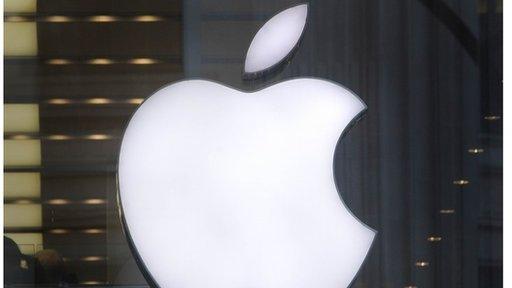US criticises EU tax probes ahead of Apple ruling
- Published
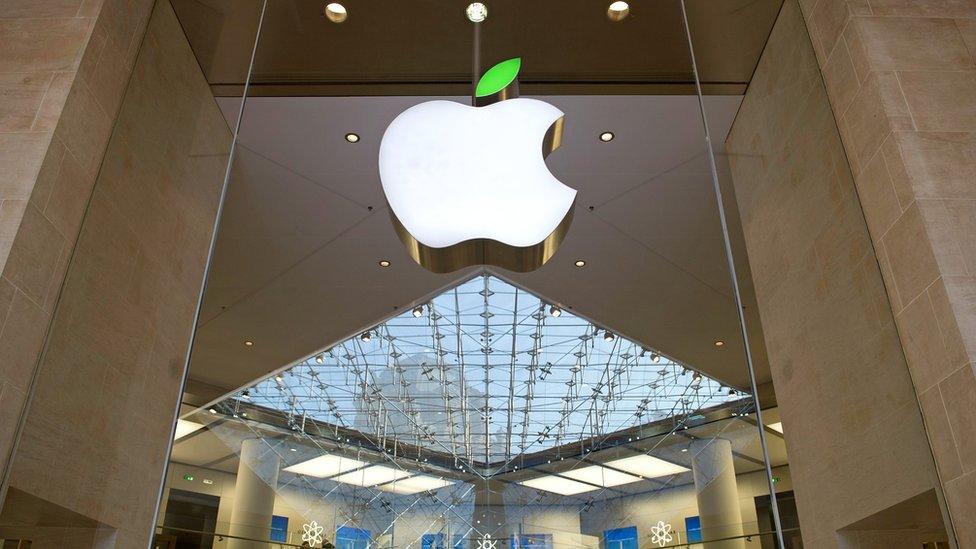
The US Treasury Department has warned the European Commission about taking action against US companies over tax avoidance allegations.
The commission is investigating tax deals granted to US companies for setting up headquarters in Europe.
Next month the EU is expected to deliver its decision on Apple. The company could be hit with a multi-billion pound bill for unpaid taxes.
The commission said there was "no bias against US companies" in the probes.
In a report published on Wednesday, external, the US regulator said action by Brussels would make it into a "supra-national tax authority" overriding the tax codes of its member states.
It also said Brussels was using a different set of criteria to judge cases involving US companies, adding that potential penalties were "deeply troubling".
Scrutiny
Apple has been accused of sheltering billions of pounds in profit in the Republic of Ireland tax-free, under a deal it reached with Irish authorities. JP Morgan, an investment banker for Apple, has said the company could face a bill for $19bn (£14.3bn) in a worst-case scenario.
Several companies including Apple, Amazon and Starbucks are under investigation by the European Commission over allegations of tax avoidance.
Last year, the commission ruled that Starbucks and Fiat were given sweetheart tax deals in the Netherlands.
The EU's executive body said it was investigating whether Apple was given special tax benefits for setting up in Ireland that were not granted to other companies, potentially violating EU state aid rules.
Reconsider actions
Earlier this year the US government publicly challenged the investigation by Brussels, accusing it of targeting US corporations.
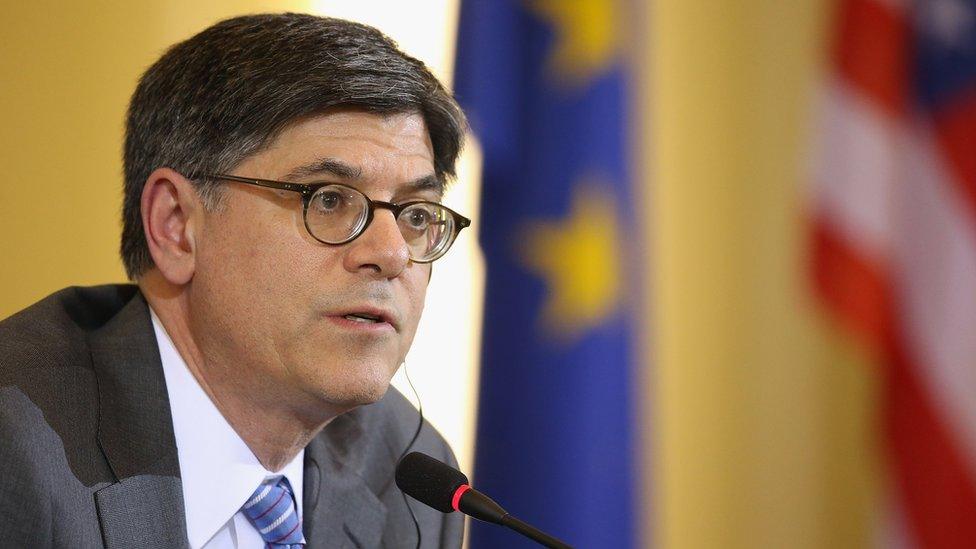
Treasury Department secretary Jack Lew
In its latest move, the Treasury Department asked Brussels to reconsider its actions against several US companies including Apple, Starbucks, and Amazon. It argued penalties for these firms could have broader repercussions for cross-border taxation.
"The investigations have global implications as well for the international tax system and the G20's agenda to combat [tax avoidance] while improving tax certainty to fuel growth and investment," Robert Stack, a Treasury Department deputy wrote in a blog on the agency's website, external.
He argued that a charge from the European Commission could be considered a foreign tax credit in the US - a classification that could reduce the businesses' tax bills in the US.
The Treasury Department said it was continuing to "consider potential responses should the commission continue its present course".
In response the commission said it was trying to ensure EU law was applied equally to all companies operating in Europe.
No selective treatment
Apple has previously said that it had not had "any special tax deal with the Irish government".
"We have received no selective treatment from Irish officials," the company has said. "Apple is subject to the same tax laws as scores of other international companies doing business in Ireland."
The Irish finance ministry has also insisted Apple "did not receive selective treatment and there was no 'special tax rate deal'".
"Ireland is confident that there is no state aid rule breach in this case and we will defend all aspects vigorously," the Department of Finance said two years ago when the European Commission announced its formal investigation.
- Published6 July 2016

- Published22 April 2016
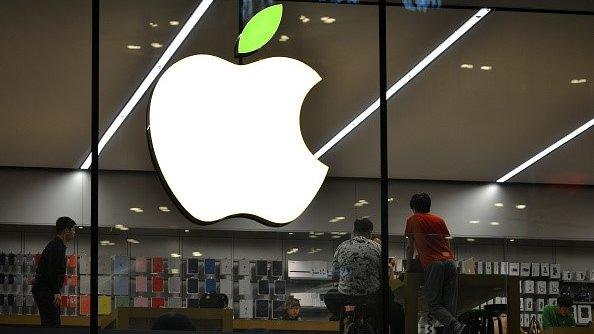
- Published12 April 2016
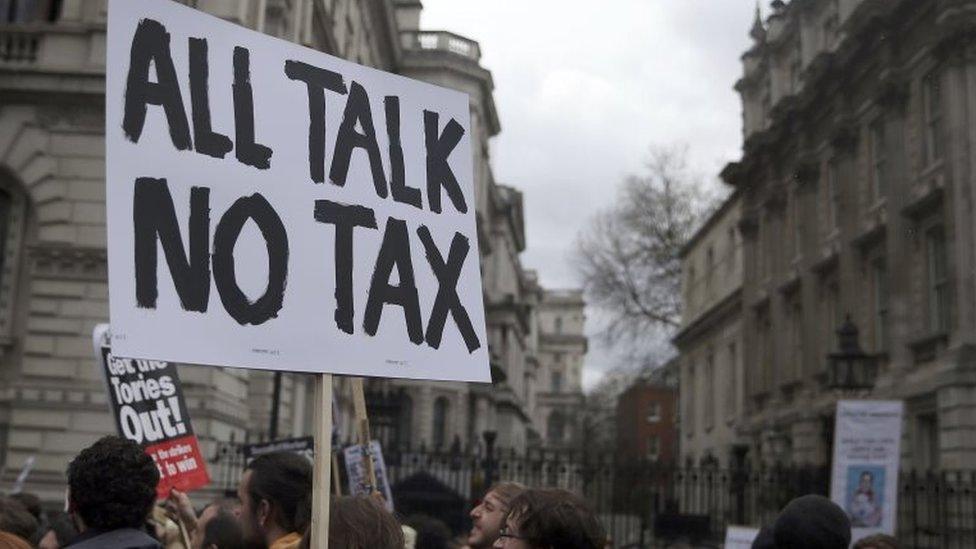
- Published11 June 2014
